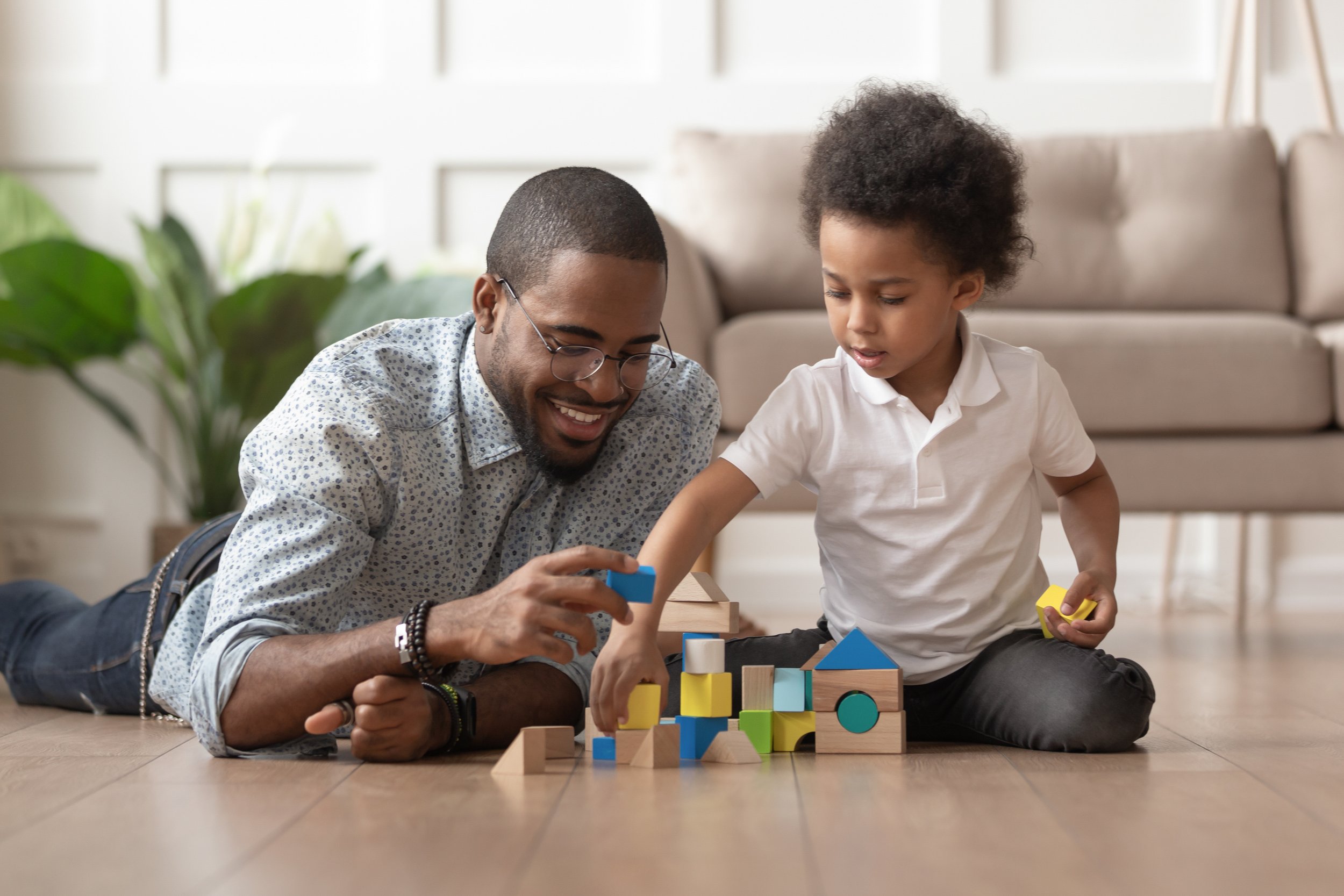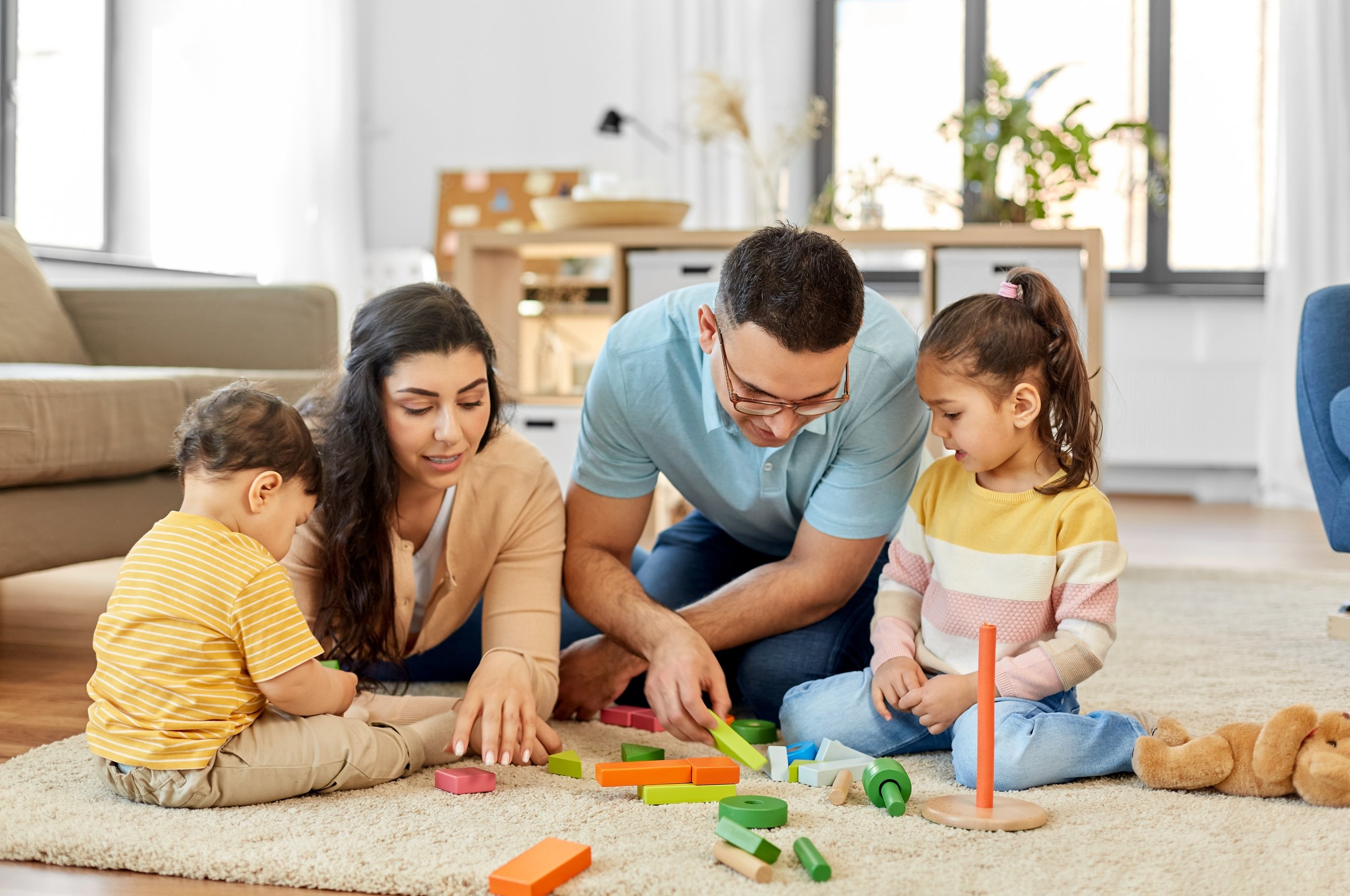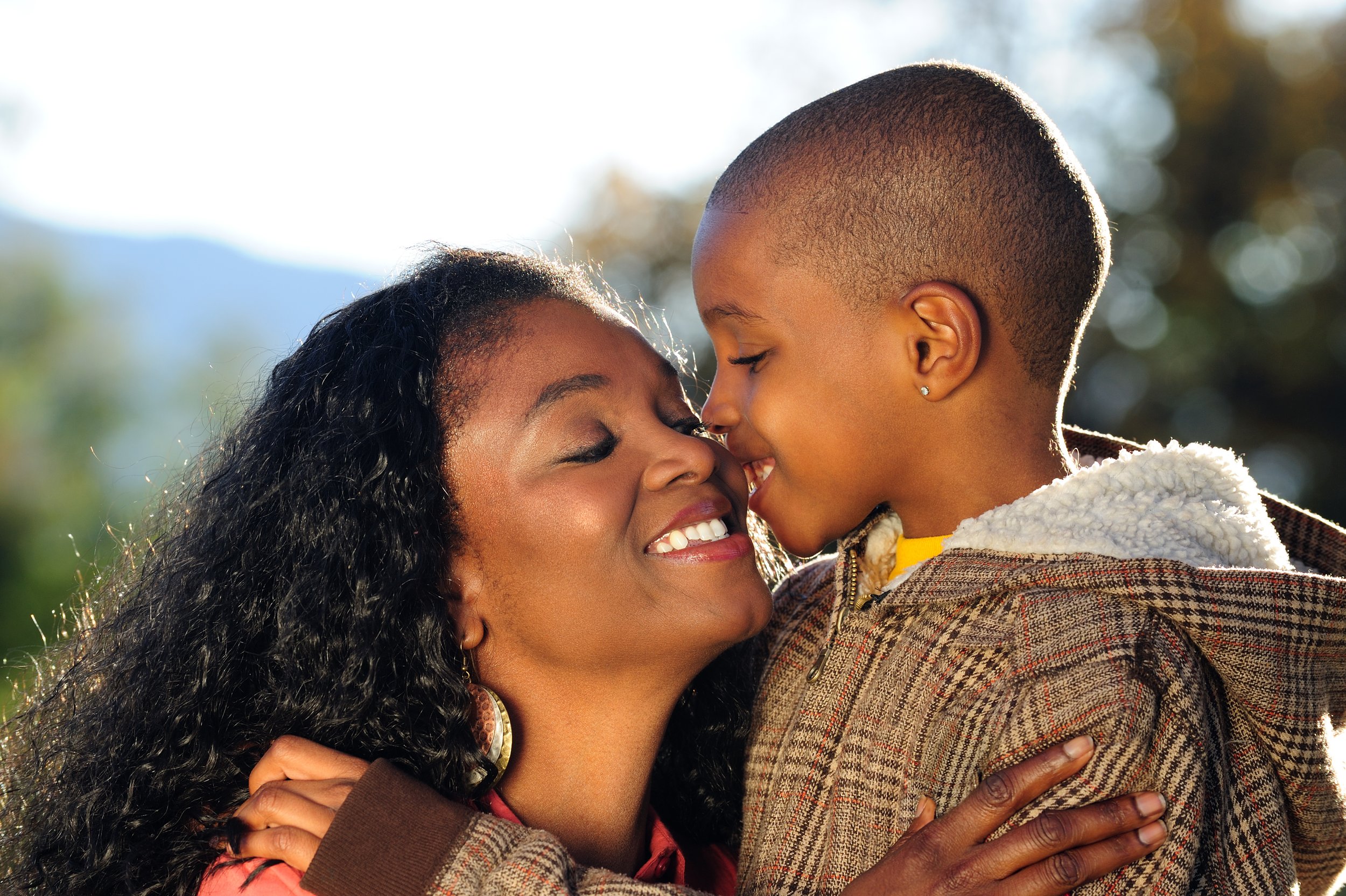PC-Care for Child Anxiety
At Hamilton Family Counseling we specialize in therapy for families with children ages 1-12 with anxiety to empower parents and caregivers to soothe emotions and manage anxious behaviors in a way that is nurturing and effective.
Foster and adoptive families can especially benefit.
LGBTQIA+ Affirmative.
Child anxiety can manifest as the following:
Worries, fears, and phobias
Resistance to speaking or eating
Irritability or refusing directions or routines
Avoidance of certain tasks, places, or events
Difficulty with concentration or completing tasks
Restless, nervous energy, or jumpy
Fear of being separated from parents like at school or bedtime
Perfectionism or unrealistic expectations of self and others
Child anxiety can also manifest as avoidance of performance-evaluated tasks such as getting dressed, chores, school work, sports, competitive games, or even creative activities out of fear of receiving a negative evaluation.
Help for Child Anxiety
The PC-CARE Parenting Protocol
For this presentation of child anxiety, we provide the Parent-Child Care Protocol (PC-CARE) developed at UC Davis Children’s Hospital, for children who are developmentally between the ages of 1-10.
Parents are Empowered
Parents and caregivers learn a special set of play therapy skills and calming strategies to soothe their child’s anxieties and building their child’s confidence, independence, and ability to self-regulate their emotions and impulses.
Foster and adoptive families can especially benefit.
LGBTQIA+ Affirmative.
Child Anxiety & Irritability
Sometimes child anxiety can manifest as frustration, irritability, or anger that can spill over into disruptive behaviors which have been linked to higher rates of high school dropout, substance abuse, unemployment, and even incarceration. Anxious acting out can look like the following:
Arguing or fighting with family or peers
Constantly irritable or easily frustrated
Whining, yelling, emotional outbursts, or tantrums
Refusing to do chores, homework, or participate in group or family activities
Biting, hitting, breaking, or throwing things
Difficulty with following instructions
But PCIT can change a child’s entire life trajectory.
For disruptive behaviors resulting from child anxiety, we provide Parent-Child Interaction Therapy (PCIT).
Many child mental health experts consider PCIT to be the gold standard in treating children’s disruptive behaviors because, after hundreds of studies over 40 years, nothing is more effective than completing PCIT.
The Benefits of PCIT
With strategies that are nurturing and effective, PCIT can radically transform behaviors in just 14 weeks, improve school behaviors, and improve the behaviors of siblings.
We also provide all families with the option of integrating PCIT with PC-CARE Calming Strategies so parents can learn to dissolve tantrums and children can begin learning to self soothe.
Additional Treatment Options
Hamilton Family Counseling also offers Parent Only Strategy Sessions where parents can ask questions and get on the same page with quick, practical parenting solutions that both parents agree on.
And our Online Parenting Bootcamp teaches the principles of PCIT and PC-CARE in a support group atmosphere from the comfort of your home.
Let’s work together to transform your child's challenges into triumphs and increase the peace and connection in your home!
-

Locations & Home Treatment Options
-

Insurance & Payment Options
-

More Services
-

Availability & Scheduling









